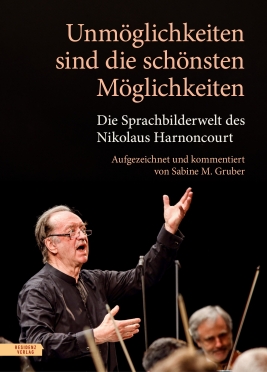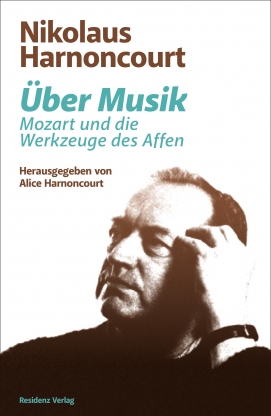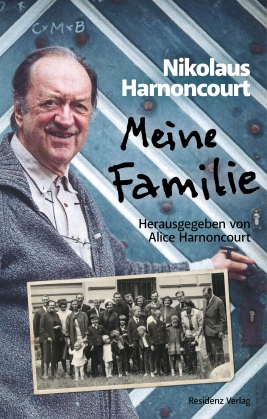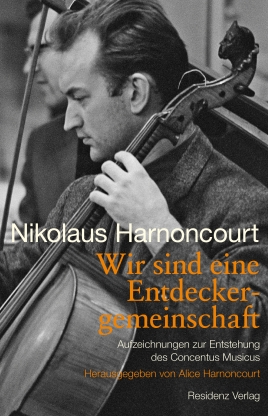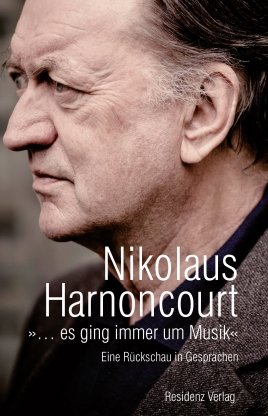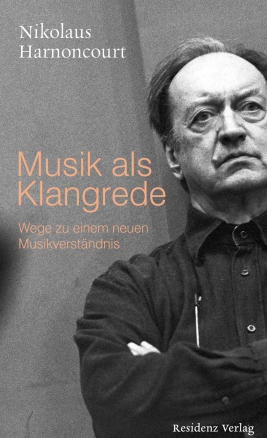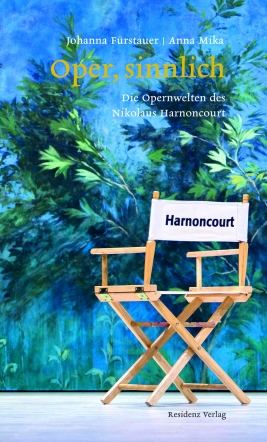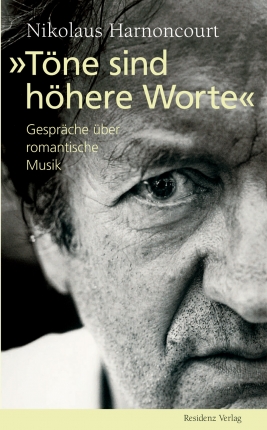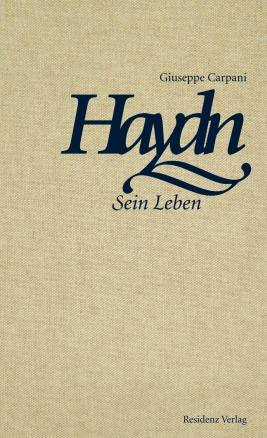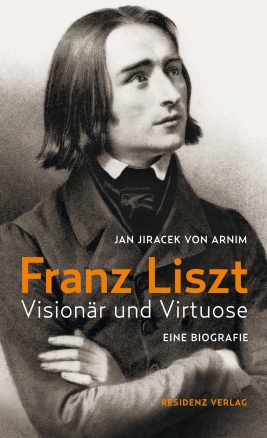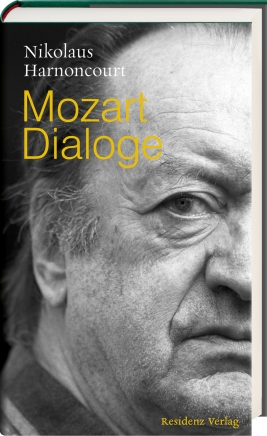
Nikolaus Harnoncourt - Mozart-Dialogues
Das Genie und sein Interpret: Nikolaus Harnoncourt und Wolfgang Amadeus Mozart im Dialog. Dieses Buch gibt Einblicke in die Überlegungen und die Praxis eines Interpreten, der wesentlich dazu beigetragen hat, die Werke Mozarts für den Hörer von heute neu zu erschließen.
Nikolaus Harnoncourt on Wolfgang Amadeus Mozart. Texts, speeches, and conversations offer interesting insights into the considerations and working methods of an interpreter who made major contributions to the liberation of Mozart’s works from time-related overlays in order to make them accessible to the contemporary listener. Harnoncourt explains his notion of an interpretation that does as much justice to a piece as possible. Taking his recent experiences with the works of Mozart for an example Harnoncourt shows their inherent complexity and dramatic tension. These Mozart-dialogues are embedded into an analysis of the state of culture in our times. Once more Harnoncourt stresses the eminent importance of the Arts in general and music in particular for the evolvement and perpetuation of human moral values. “A computer cannot make music, and it cannot love either.” The distinguished conductor was awarded the Kyoto Prize 2005 for his life-time achievements. “I am not one who agrees at first. I can only agree when I have considered the opposite point of view. I like to meet contradiction myself – I need someone who questions my thoughts. When I don’t have a partner, as a last resort there’s always a heated discussion with myself.” N.H.
Book details
edited by Johanna Fürstauer368 pages
format:125 x 205
ISBN: 9783701730001
Release date: 09.07.2009
License rights
- Spain






